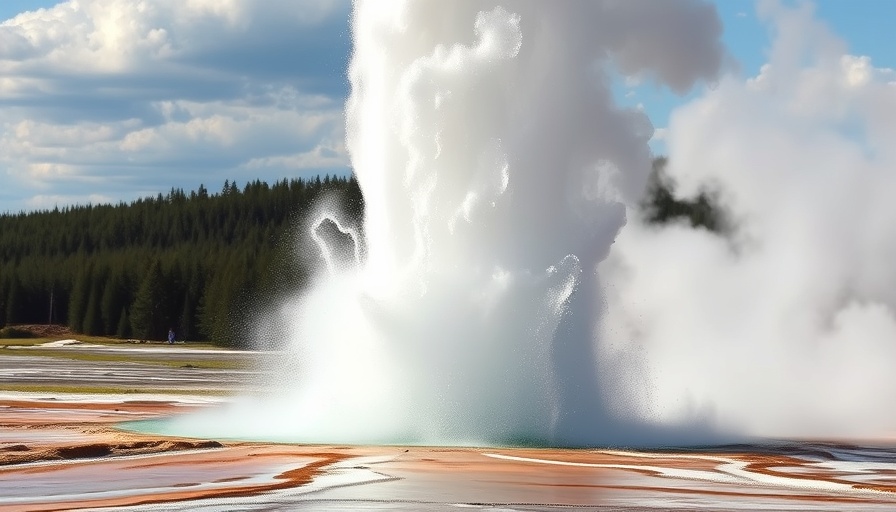
Implications of a Yellowstone Eruption
Imagine waking up one morning to find that Yellowstone's supervolcano has erupted. Such an event, although unlikely in our lifetime, would result in catastrophic environmental changes across the globe. A volcanic eruption of this scale would send fiery pyroclastic flows roaring down its slopes, obliterating everything in their path in Wyoming, Idaho, and Montana. Yet, it wouldn't stop there—falling ash would affect millions, smothering crops and causing buildings to collapse.
The Global Impact of Ash Cloud and Temperature Drop
After the eruption, experts warn that it wouldn't take long for the ash cloud to reach far-flung locations—like Europe—within a mere three to four days. Beyond immediate devastation, the eruption would explode into the stratosphere, releasing sulfur gases that could lower global temperatures by as much as 10 degrees. This climate shift could spell disaster for agricultural systems reliant on consistent weather patterns, leading to widespread famine in regions like Asia.
Lessons from Past Eruptions
Historical volcanic eruptions serve as a stark reminder of nature's unpredictable power. For example, the eruption of Mount Tambora in 1815 caused the "Year Without a Summer," resulting in widespread crop failures in the Northern Hemisphere. Such parallels provide critical insight as we consider the vast implications of Yellowstone's potential eruption.
The Unlikeliness of Eruptions
While the thought of Yellowstone erupting is terrifying, scientists continue to reassure us that it is not an imminent threat. According to research, the next eruption could be hundreds of thousands of years away, offering a reprieve for those who fear living near the supervolcano.
The Bigger Picture: Human Learned Resilience
Even as we contemplate natural disasters, we are reminded of our resilience and adaptability. Communities across the globe are becoming increasingly aware of environmental challenges, finding strength in collective action to mitigate climate change and respond better to natural disasters. As we eagerly adapt, discussions surrounding Yellowstone and its potential impact remind us of our responsibilities not just to ourselves, but to the generations that will follow.
 Add Row
Add Row  Add
Add 



Write A Comment